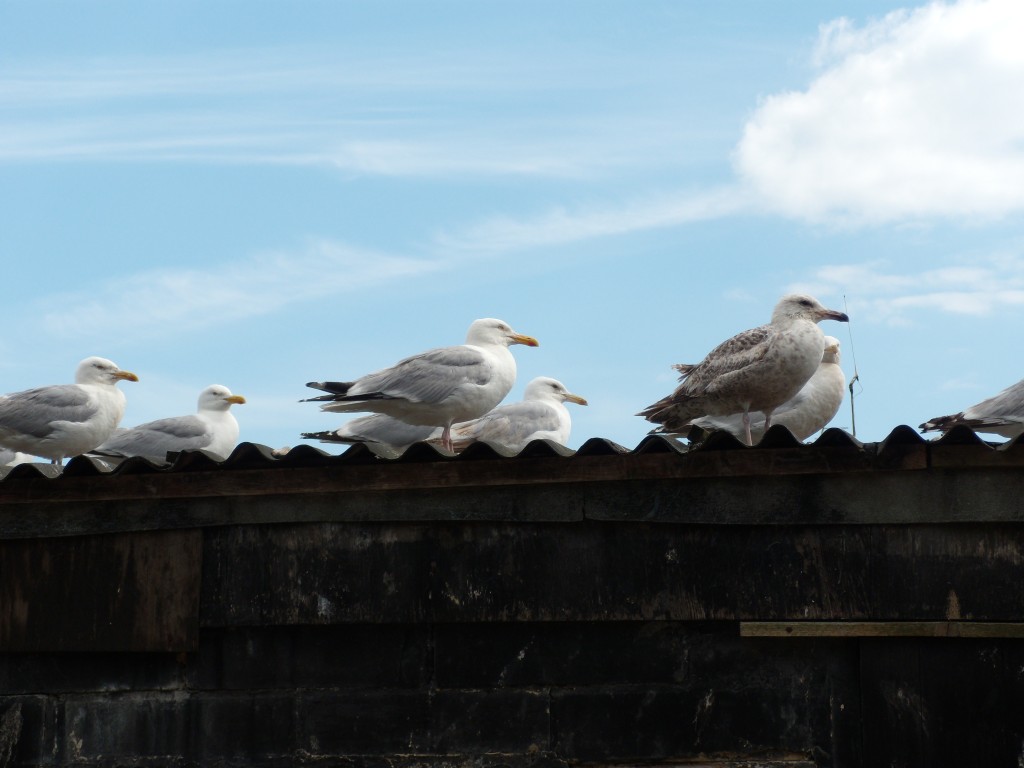Just as I am convinced that being born in E1 mystically bound me to the city of London forever, so I feel certain that the music of Sandy Denny, playing in the background of my life throughout my formative years, must have secretly sewn itself into the fabric of my being.
It’s hard for me to sum up what Denny means to me and why. The truth is that I don’t have any conscious memories of her music from when I was a child, but on first discovering her songs a decade or so ago I felt an instant kinship with them, a painful surge of recognition that said these were treasures I had somehow lost and had been searching for ever since. On a recent trip to Dorset, the landscape that informs not only A Dream of Wessex but also Keith Roberts’s incomparable Pavane, I timed Gold Dust, the CD of Sandy Denny’s final live concert at the Royalty Theatre in 1977, so that it would start playing the track ‘One More Chance’ just as we rolled off the Sandbanks ferry and into the tussocky, wind-toughened landscape of the Isle of Purbeck. If this action sounds premeditated then I’m forced to admit that it was. It was something I had dreamed of doing. The music arose from that landscape as a gusting breath of its own wind, and I knew that it would.
I think I might have mentioned before that I’m a bit of a list junkie, so you won’t be surprised to learn that I’m a compulsive player of the Desert Island Discs game. My final eight-disc line-up changes constantly, but ‘One More Chance’ is unfailingly a part of it. How can you make a choice between Schnittke’s brutally blessed third cello concerto, the zenith of Mahler’s art in Das Lied von der Erde, and the live cut of ‘One More Chance’? You can’t – or at least I can’t. But if I had to name just one track that sums up how I feel about the soil I grew out of and the atmosphere I inhabit it would be that one. The impassioned and slightly enigmatic lyrics, the wilful ecstacy of the long instrumental passage that follows (Jerry Donahue’s sublime guitar) – these are the epitome of the maverick strength that characterises a brand of creative iconoclasm I see as peculiarly and indefinably English.
Denny’s songs, built around the natural rather than the harmonic minor and possessing that sound you might loosely characterise as ‘mediaeval,’ draw on the English folk tradition and are usually labelled ‘folk rock’; like all the greatest art though they trascend the form they spring out of, subverting it at the same time they play homage, evolving triumphantly into a mode of expression that is new, steadfastly original, timeless in its message and its appeal.
Like Dylan, like Cave, Denny is a poet who wrote music, a composer who saw her music as being inextricably linked with the voices in her head.
For me, the songs and the music she left us with are a source of artistic renewal and a constant inspiration. I only wish she had lived long enough to leave us with more. How thrilling then to learn that the contents of her last notebooks, songs and lyrics she was immersed in writing during the final months of her too-short life, have been released by the Denny estate and turned into an album?
If anyone had asked me who would be the right person to translate these ‘lost’ lyrics into songs for performance I would probably have said no one. That it would be better not to tamper with what was sacred and to simply publish the fragments in their written form so that those who cared might read for themselves and enjoy them. When I heard that the artist who had been chosen to realise Sandy’s material was Thea Gilmore I immediately changed my mind.
I’ve seen Gilmore live, own three of her albums, and she’s an amazing presence. Her lyrics rattle and rage, and when I think of her I think of protest, of political defiance, with Thea herself as a kind of female English Victor Jara. And yet there’s great tenderness in her too, a poetic sensibility that is clearly and definably….. Sandy.
Thea Gilmore’s album Don’t Stop Singing will be released on November 7th. I’ve already ordered my copy and can’t wait to hear it.
Working on a new and rather nasty little story called ‘The Elephant Girl’ and listening to Sandy throughout in the hope that she might bring some measure of redemption to my troubled protagonist.
Walking at dusk as I love to, I find the whole town is filled with Michaelmas daisies and the scent of autumn.
